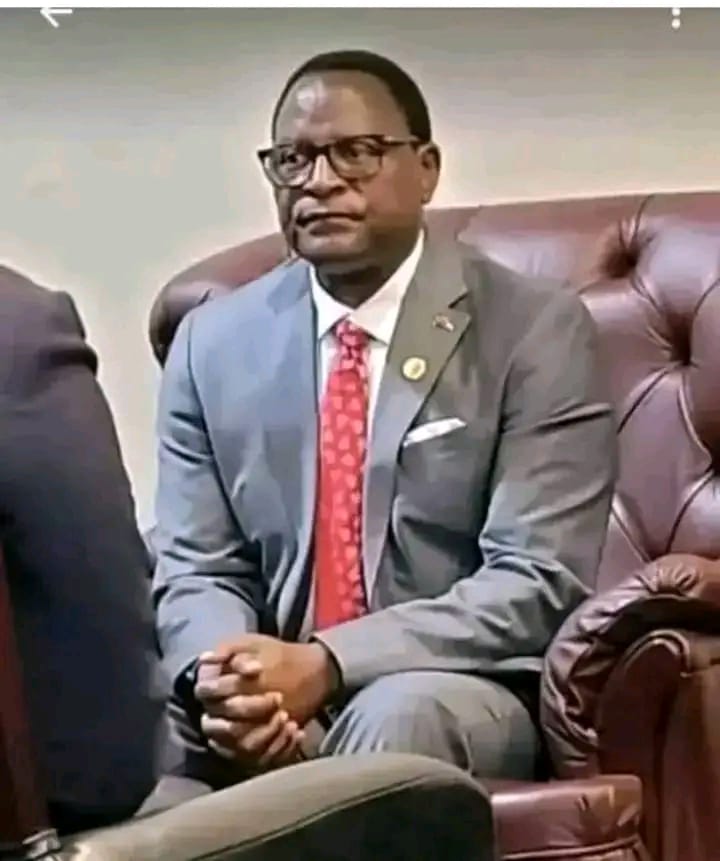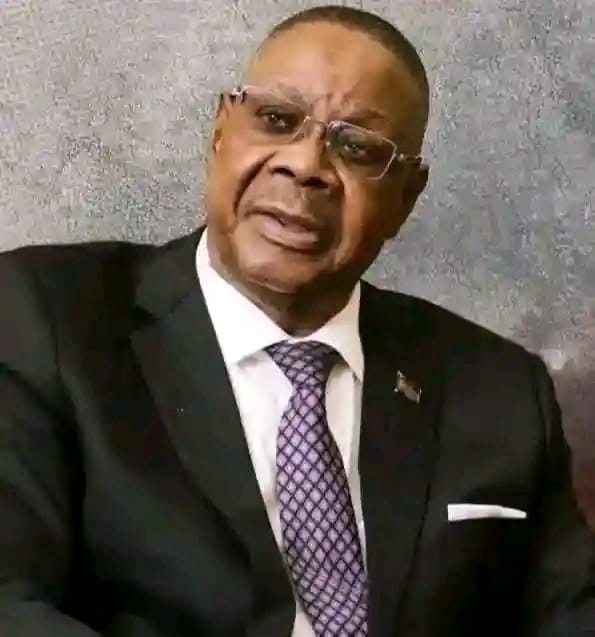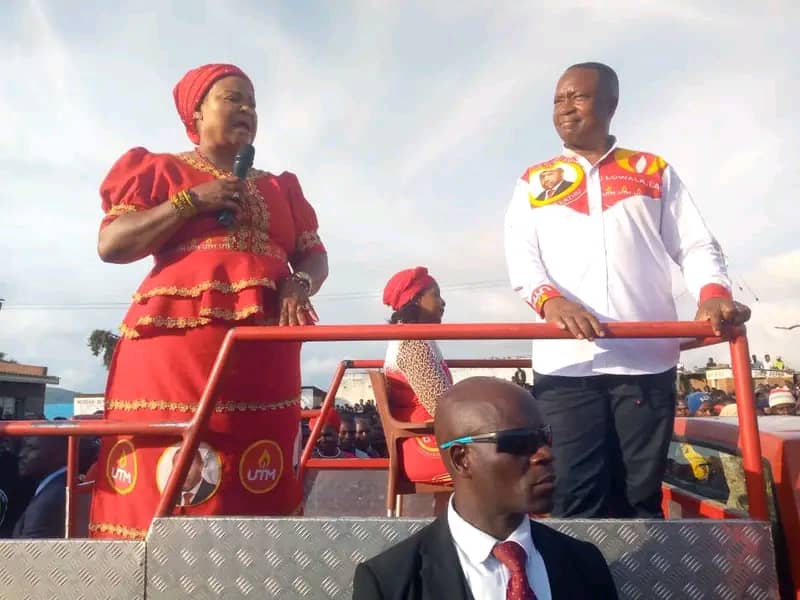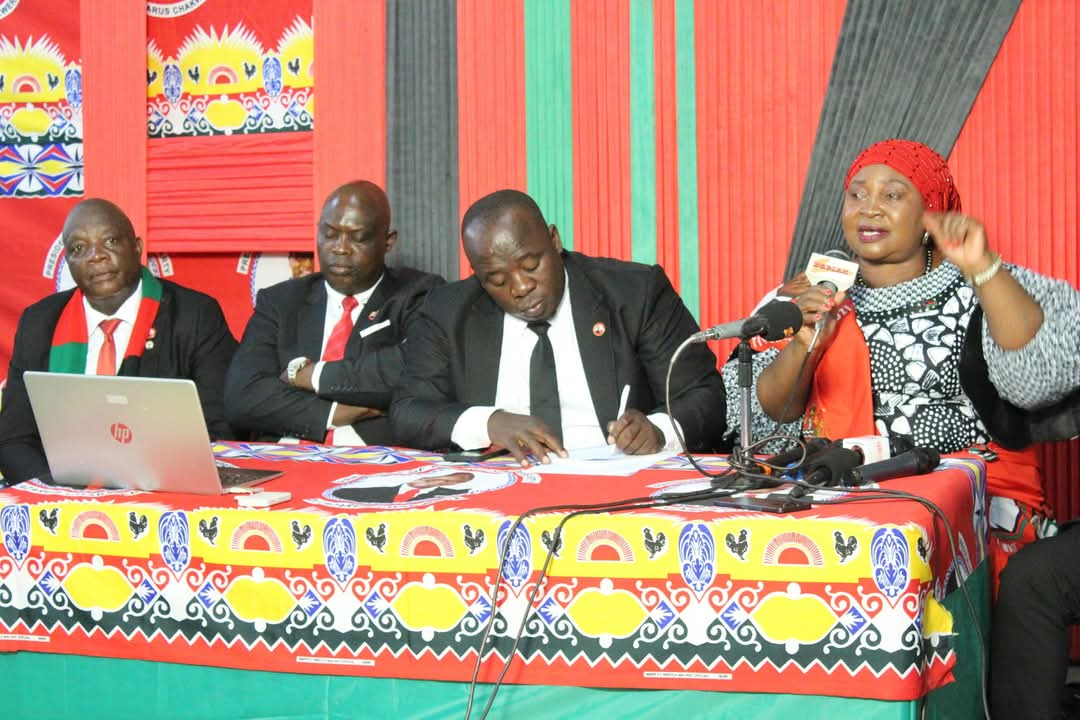By Suleman Chitera | Investigative Editor
How Malawi’s K6.2 Billion COVID-19 Funds Were Abused Under the MCP Government
Meta description: An investigative exposé on how the Lazarus Chakwera-led administration mishandled Malawi’s K6.2 billion COVID-19 response funds — revealing mis-procurement, ghost payments, and stalled prosecutions.
The Promise and the Betrayal
In 2020, as COVID-19 spread across the world, the newly elected government of President Lazarus Chakwera announced an emergency budget of K6.2 billion to contain the pandemic in Malawi.
The money was meant for protective equipment, quarantine facilities, border patrols, and repatriation of stranded Malawians.
But just months later, auditors and watchdogs would uncover a web of fraud, inflated invoices, ghost payments and political interference — a scandal that would shake public confidence in Chakwera’s “new-tone” administration.
Audit Confirms Mismanagement
A forensic audit by the National Audit Office (NAO) — ordered by President Chakwera himself — confirmed extensive mismanagement of the COVID-19 funds.
Auditors found:
K493 million spent without following procurement procedures.
K83 million in unaccounted-for transactions and unsupported documents.
K80 million paid as irregular allowances.
K12 million that “simply disappeared” from cash accounts.
The funds were spread across 21 government clusters, including the Ministry of Health, Department of Disaster Management Affairs (DoDMA), and Ministry of Education — yet the audit exposed a pattern of late payments, inflated pricing and missing records across all clusters.
The Fumigation Scandal: Pest Chem 1B
Among the companies that benefitted was Pest Chem 1B, a private fumigation firm linked in local reports to politically connected individuals.
It was awarded a K97 million contract to disinfect public buildings — a task auditors say could have been done by the Ministry of Health at a fraction of the cost.
The company’s managing director, Martin Mainja, was later arrested in connection with COVID-fund abuse.
However, no public court record has confirmed conviction or recovery of the misused money.
Ghost Workers and Cash Withdrawals
At DoDMA, auditors found that K11.7 million in cash was withdrawn by accounts officers and never deposited in the bank.
Another K3 million was paid to non-existent staff — the so-called “ghost workers.”
Fuel and meal allowances were paid to individuals who never appeared on duty rosters.
In the education cluster, schools received less than half of the PPE budgeted, despite K6 million being spent on masks and sanitiser at inflated prices.
Political Fallout: Minister Fired, Others Suspended
When the audit findings reached State House, President Chakwera went on national TV and declared that he was “outraged by the waste.”
He fired Labour Minister Ken Kandodo after the audit revealed he had drawn K613,000 from COVID-19 funds to cover travel allowances.
Kandodo later refunded the money but was dismissed as a matter of principle.
More than 60 officials across ministries and departments were either suspended or arrested.
However, despite the dramatic arrests and media attention, few cases have reached conviction stage.
Prosecutions Go Cold
By late 2023, investigations by Investigative-Malawi.org revealed that the prosecution of COVID-fund suspects had gone cold.
Out of the dozens arrested, only a handful were taken to court — and most cases were adjourned indefinitely.
Civil-society groups, including the Human Rights Defenders Coalition (HRDC), accused the government of shielding politically aligned individuals.
“We expected this government to walk the talk on corruption, but the K6.2 billion scandal proved otherwise,” HRDC said in a public statement.
Chakwera’s Admission
In an unusually frank address, President Chakwera admitted that the government’s own systems were “corruptible and rigged to protect thieves.”
He promised systemic reforms within three months, but watchdogs say little progress has been made.
The full audit report remains partially unreleased, and recovery figures have never been published.
What It Means for Malawi
For a low-income nation still recovering from the pandemic and recurrent drought, K6.2 billion represents a lifeline that could have built clinics, stocked hospitals, or saved lives.
Instead, much of it vanished into the shadows of bureaucracy and corruption.
The COVID-19 fund scandal under the Malawi Congress Party (MCP) administration will be remembered not only for the theft but also for the missed opportunity to rebuild trust between citizens and the state.
The Unanswered Questions
- Who exactly pocketed the missing millions?
- How much money, if any, has been recovered?
- Why have key cases stalled for years without judgment?
- Will President Chakwera’s successor pursue the prosecutions to the end?
Until those questions are answered, Malawi’s COVID-19 fund scandal remains an open wound on the nation’s conscience.





Thank you for bringing attention to this issue. I hope it leads to real reforms and stronger safeguards for public funds, for the people.